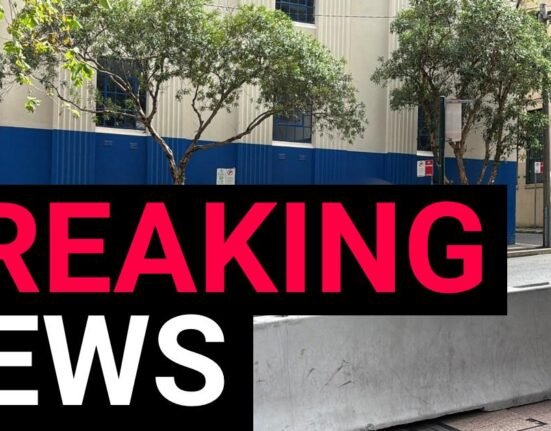The concept of tokenizing tangible assets, also known as real-world assets tokenization, is rapidly gaining ground around the world. Paul Lalovich and Ema Vukovic, both leaders at Agile Dynamics, shed light on the technology’s promise and some of its key benefits.
From the United States venturing into the tokenization of short-term treasuries and bank deposits to Nigeria’s Solid Minerals Development Funds venturing into mining tokenization, the vast potential of blockchain technology to redefine global investment opportunities is evident.
In recent years, real-world asset tokenization has already evolved from a headline-grabbing concept to a significant investment vehicle, and going forward, the technology has the potential to act as a major catalyst for foreign direct investment and economic prosperity.

Real-world assets tokenization
While some forward-thinking nations are actively exploring the economic potential of real-world assets tokenization, others may be missing out on a valuable opportunity to attract and expedite foreign investments. As the competition for foreign capital intensifies, real-world tokenization is poised to broaden access to foreign direct investments, thereby accelerating economic growth and generating job opportunities.
At its core, tokenization represents an investment vehicle supported by blockchain technology, encompassing assets ranging from real estate to gold deposits and tokenized bonds. The essential criterion is that these assets must physically exist to be fragmented, traded, and securely stored on the blockchain.
The benefits arising from the tokenization of tangible assets in the physical world are numerous:
Fractionalized Ownership
Tokenization enhances accessibility, enabling investors to engage in fractional ownership of a diverse range of assets spanning various industries and countries.
Secure Ownership of Digital Assets
Blockchain technology underpins digital assets, ensuring transparency and security that investors can rely on.
Enhanced Liquidity
Tokenization facilitates the availability of liquidity and swift conversion of tangible assets, as mechanisms for liquidation or rapid exchange are embedded in the blockchain.
Cross-Border Accessibility
Real-world assets tokenization transcends geographical borders, breaking down barriers to investing in other nations and facilitating foreign direct investment with unimpeded access to global capital.
Regulation and Compliance
Tokenization is often carried out in compliance with local laws and regulations to ensure investor safety, aligning with the mandates of regulatory agencies worldwide.
Foreign Market Access
Real-world assets tokenization empowers global investors to access untapped or emerging markets, presenting abundant economic opportunities. For example, a US citizen can invest in Nigeria’s tin industry through fractionalized tokenized assets.
Lower Transaction Costs
Investing in tokenized assets typically incurs minimal transaction fees, known as gas fees, eliminating third-party intermediaries and allowing investors to save on expenses.
Portfolio Diversification
Fractionalized assets provide investors worldwide with a unique chance to diversify their holdings across a spectrum of assets and regions.
Risk Management
Combining blockchain’s immutable ledger with treasury management and regulation creates an effective recipe for efficient risk management, as tokenization encourages routine financial scrutiny and regulatory oversight.
Further reading: Tokenization set to transform real estate and financial services.
In conclusion
The tokenization of real-world assets has long been regarded with optimism and hailed as the next major development in the financial world. The approach offers myriad investment opportunities for global investors while opening doors to foreign direct investment, which has the potential to drive economic growth to new heights.
As the market capitalization of tokenized assets continues to grow and countries worldwide recognize the potential of real-world asset tokenization, it is clear that the future of finance is being ignited. By leveraging blockchain technology to tokenize tangible assets, organizations have the power to transform traditional investment models, broaden access to global capital, and unlock a new era of economic growth and prosperity.







